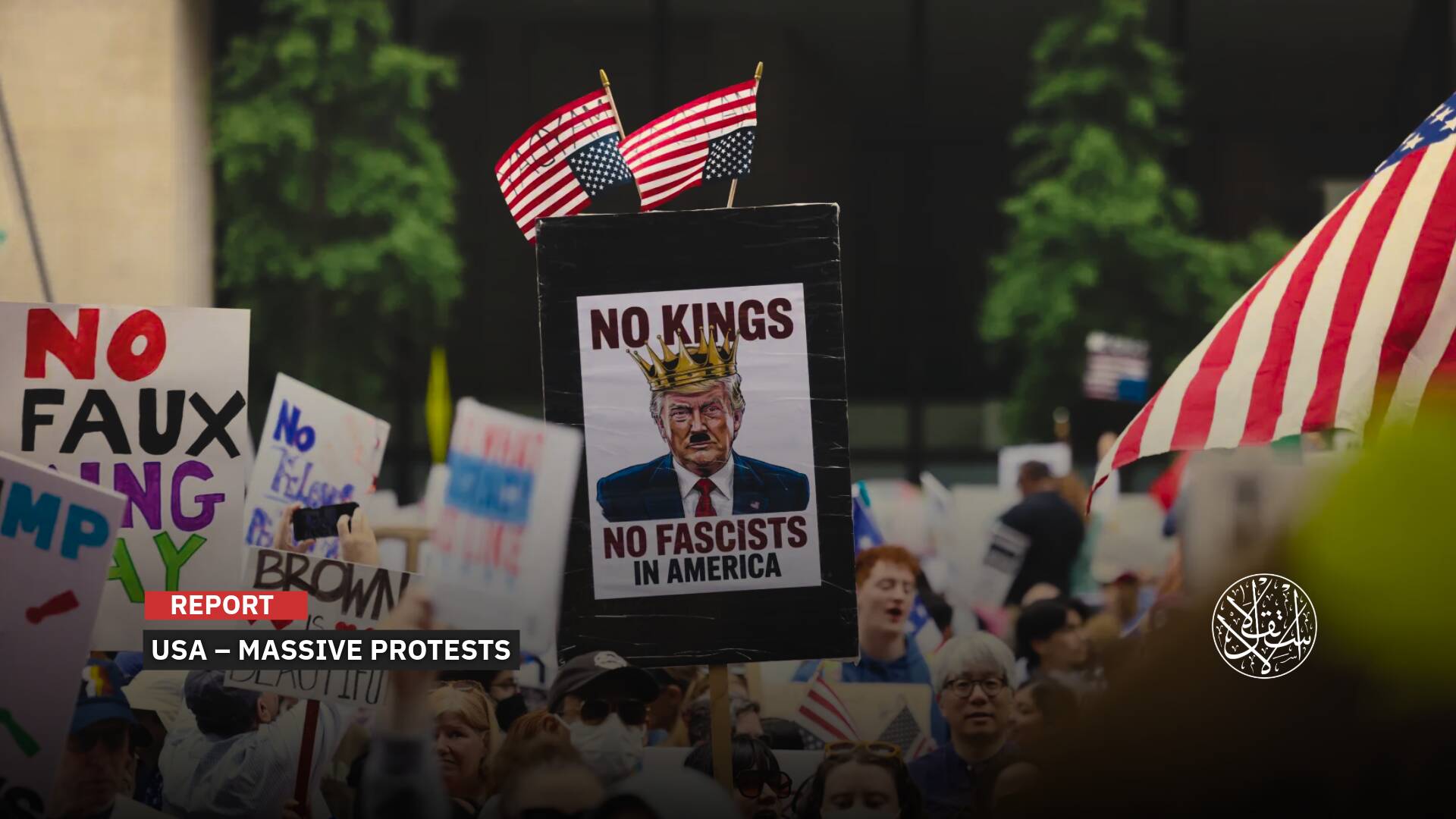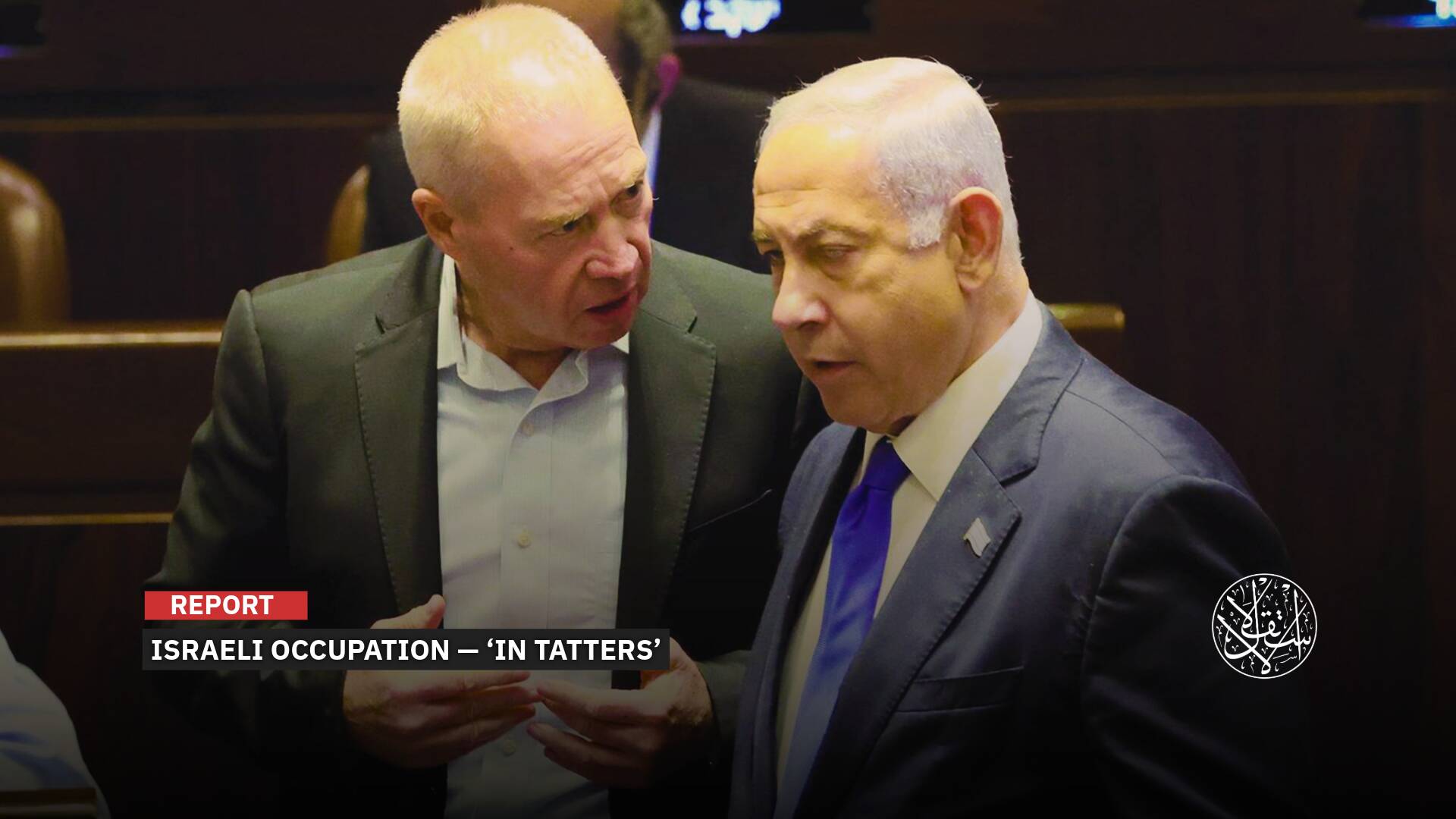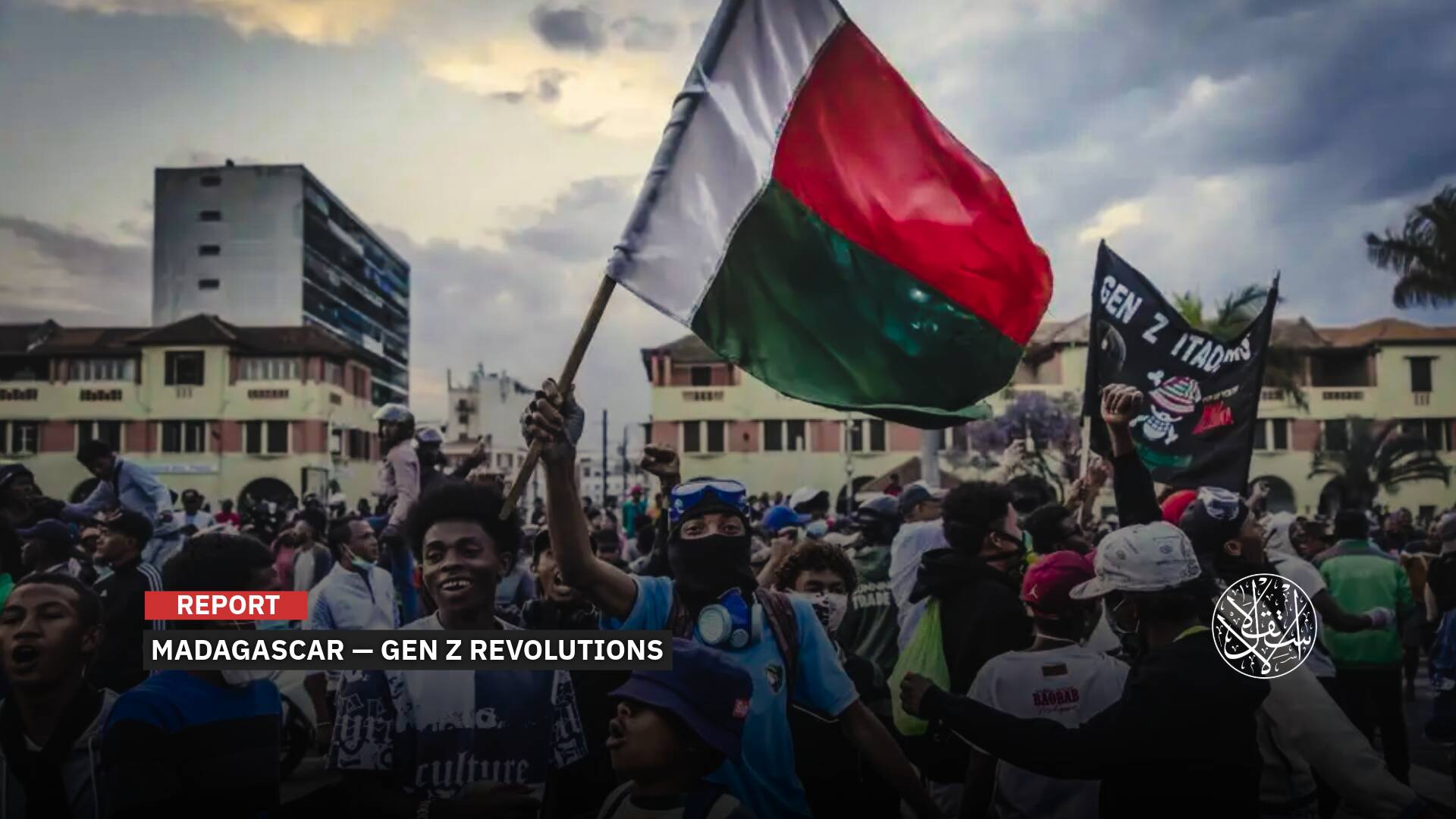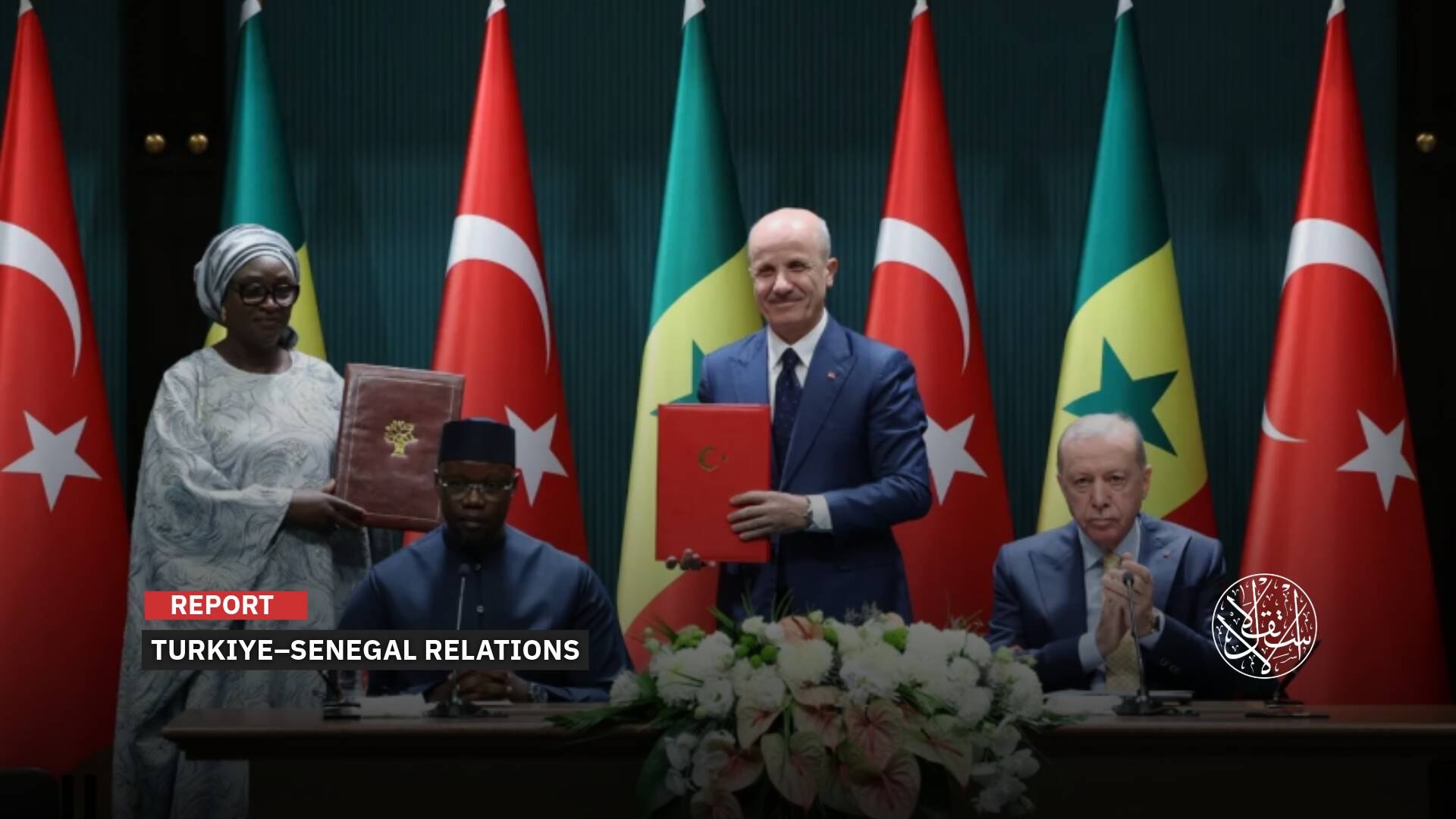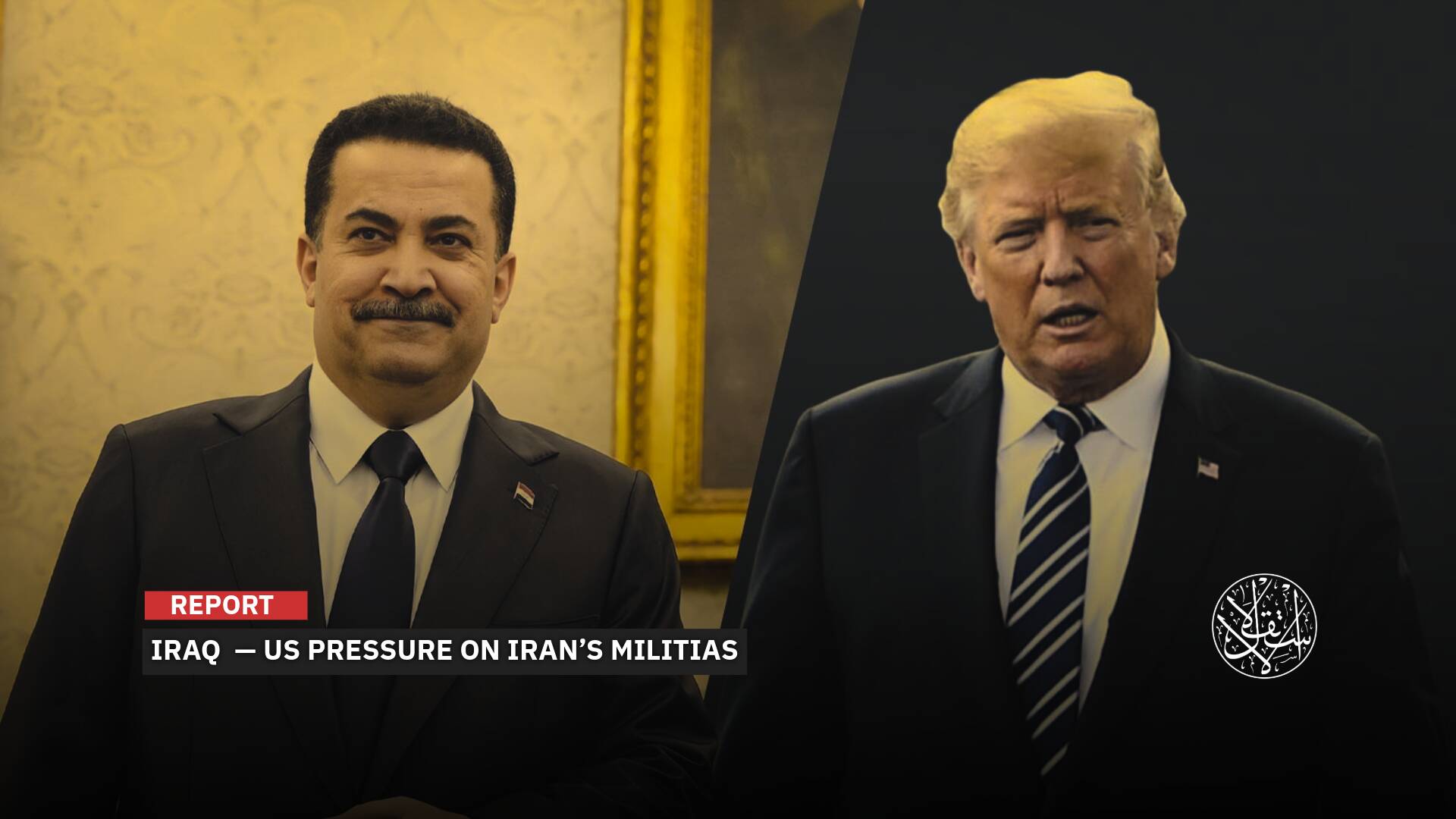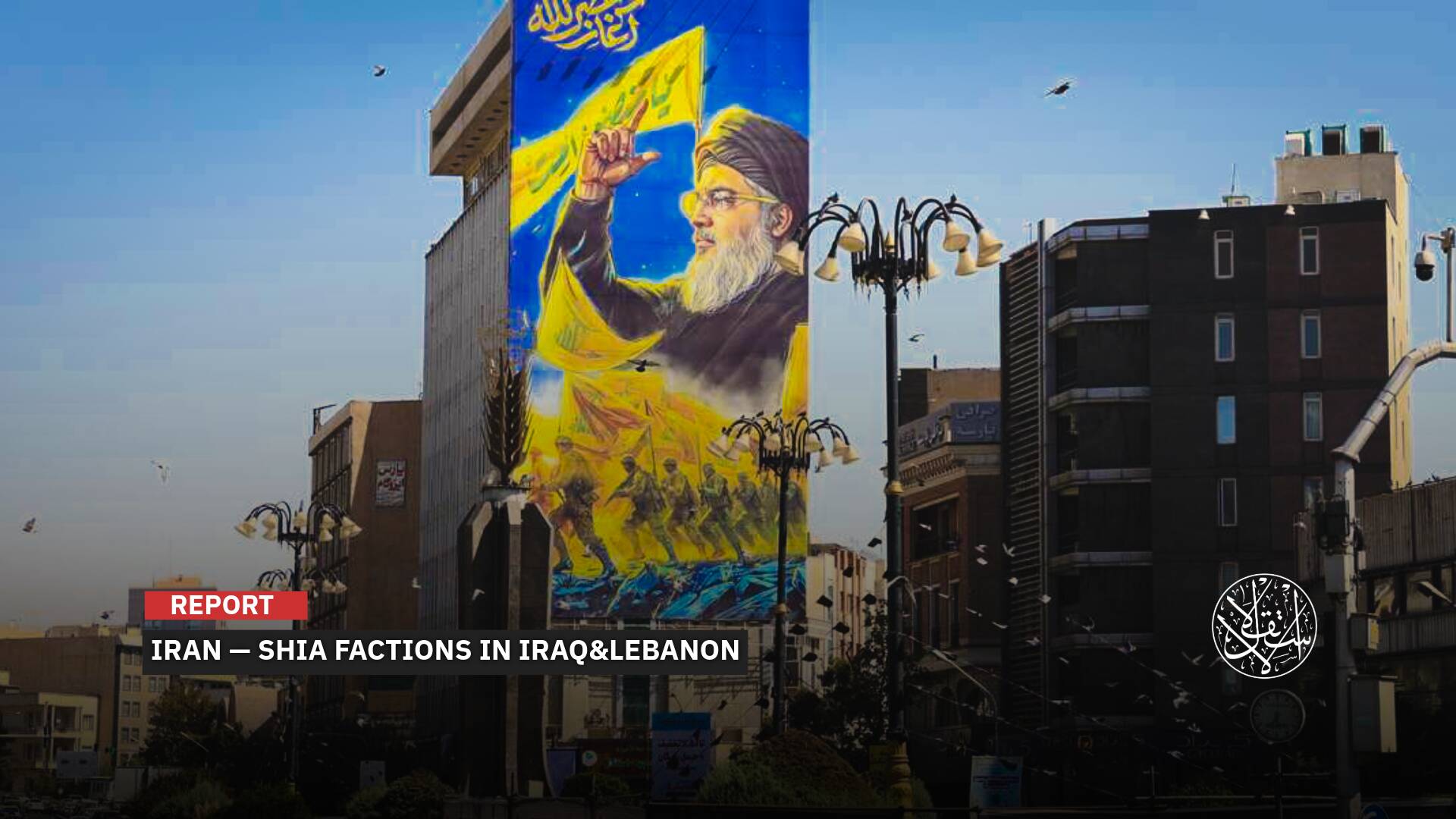Will Iraq’s Shiite Bloc Bow to Washington and Scrap the PMF Law?
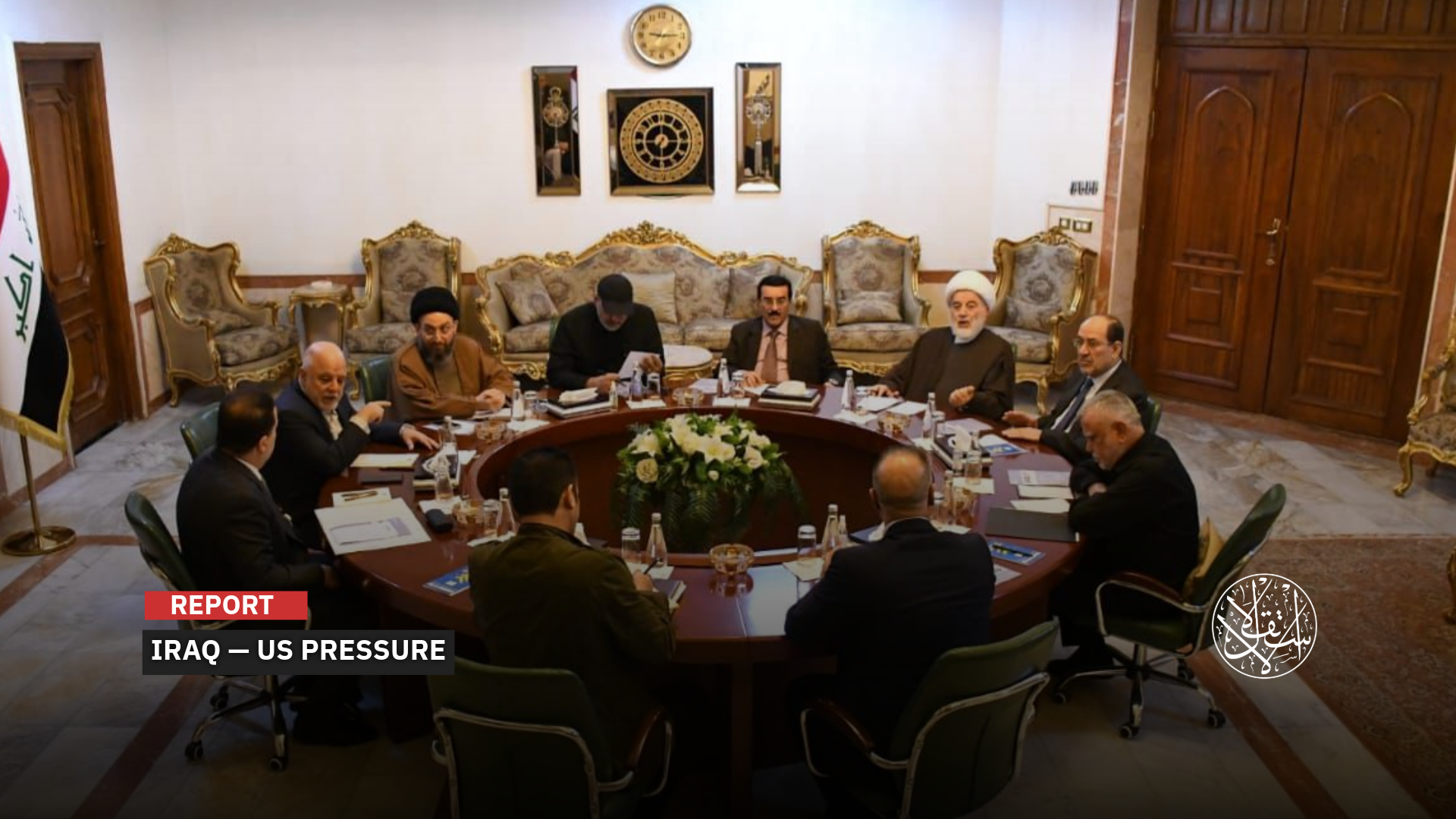
Al-Mashhadani confirmed that the Shiite Coordination Framework is worried about the passage of the PMF law.
When Iraq’s parliament released the agenda for its late-August sessions, the Popular Mobilization Forces (PMF) law was left out. The move raised questions over whether Shiite factions had yielded to U.S. pressure and retreated from legislation they long promised to push through in defiance of Washington.
Shiite groups close to Iran, particularly those with armed factions, have been working to amend Law No. 40 of 2016 governing the Popular Mobilization Authority. They aim to impose a full restructuring of commanders and fighters, secure pension rights, and maintain it as an armed force independent of other security institutions.
Direct Threats
On the removal of the PMF law from the parliamentary sessions, Speaker Mahmoud al-Mashhadani said the U.S. told them, “You have the right to pass any law as a sovereign state, but some legislation could conflict with U.S. laws, and that would carry consequences.”
“The American side made it clear that cooperation would be suspended if we pass specific laws they reject,” al-Mashhadani added during a television interview on August 24.
“The U.S. message was clear: if you approve these laws, we will impose political, economic, and security sanctions.”
“Iraq’s leadership—the presidency, political leaders, and even commanders of the Popular Mobilization Forces—has assessed the matter. We said that even if there is only a five percent chance the threats are real, it is still a danger for Iraq, because we remain dependent on security and economic support,” he said.
Al-Mashhadani warned that if the State Oil Marketing Organization (SOMO) and the Trade Bank of Iraq, both official institutions, were sanctioned, “salaries could not be paid, and the Iraqi street would not forgive us.”
The speaker cautioned against “stubbornness and insistence on passing the Popular Mobilization Forces law,” urging a calmer approach. “The wiser choice is to delay it for three months,” he said, adding that some nevertheless reject postponement and want the law passed regardless of threats.
He expressed concern about “an enemy’s intention to carry out an airstrike on specific targets and vital centers, since Iraq’s air defense system is effectively zero. We have no capability to respond, so we must take any threat seriously.”
Al-Mashhadani stressed that “Iraq is at the center of the storm, targeted on ideological grounds. ‘Greater Israel’ cannot exist without the destruction of Babylon and Assyria. That is why we must hold together and present a united front across Iraq’s components.”
He confirmed that “the Shiite Coordination Framework shares these same fears, though some within it pushing for the Popular Mobilization Forces law are motivated by votes in the upcoming parliamentary elections.” He rejected claims that “the Sunni bloc is driving the law’s approval as a way to strike at the PMF.”
On this point, a source in Iraq’s parliament, requesting anonymity for security reasons, told Al-Estiklal that a senior delegation from the U.S. Embassy visited the chamber and stated clearly that any passage of the Popular Mobilization Forces law would be met with strikes on preselected targets.
The source explained that the American threat referred to targeting commanders of armed factions within the PMF, which angered Shiite blocs in parliament and prompted some members to push for passing the law as a defiant response.
The source predicted that the Shiite Coordination Framework will drop its demand to pass the PMF law after such an explicit warning, noting that the matter is no longer speculation about what might happen if the legislation were approved.
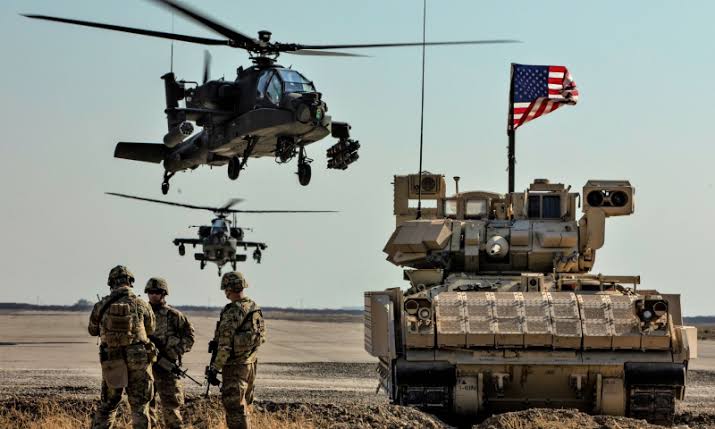
A Fixed Deadline
In the same context, the Independent Press Agency reported on August 24 that the U.S. administration gave Baghdad no more than three weeks to present a clear plan either to disarm the Popular Mobilization Forces or fully integrate them into the official security structure.
The agency, citing unnamed Iraqi government sources, said Washington warned that ignoring the deadline would expose Baghdad to a new wave of political and economic sanctions. The measures, it added, would not be limited to PMF-linked figures and leaders but could extend to sensitive sectors such as financial transfers and international trade, deepening Iraq’s economic crisis.
Iraqi analyst Imad al-Mosafar, aligned with the Shiite Coordination Framework, argued that Washington has opposed many laws and issued threats before, but parliament still passed them and the warnings proved empty. In a television interview on August 23, he pointed to legislation criminalizing normalization with “Israel,” banning homosexuality, and reforming personal status laws, all of which passed without U.S. retaliation.
Al-Mosafar said the United States cannot impose sweeping sanctions on Iraq given its exports of more than 3 million barrels of oil a day, supplies too large to withdraw from global markets. Nor, he added, is there international consensus for sanctions on Baghdad as there was after Iraq’s 1990 invasion of Kuwait. He asked how Iraq could respond if Washington next demanded normalization with the Israeli Occupation, under the same threat of economic penalties.
By contrast, Iraqi writer Jabbar Abdul Zahra al-Aboudi described the U.S. military pullout that began days earlier from the Ain al-Asad base in western Iraq and repositioning in the Kurdistan region as a tactical maneuver dictated by regional and global tensions rather than a genuine withdrawal.
Washington and Baghdad agreed in September 2024 on a plan for coalition forces to leave Iraq, with hundreds scheduled to depart by September 25, 2025, and the remainder by the end of the following year. The United States maintains about 2,000 troops in Iraq for training and assistance, alongside European forces within the coalition formed after the Islamic State’s 2014 invasion.
According to al-Aboudi, the U.S. withdrawal reflects a retaliatory strategy aimed broadly at Iraq’s Shiite community and specifically at Shiite factions and the PMF. He warned the fallout would touch every Iraqi household. He predicted that Shiites would face immense risks, arguing that their insistence on ending the U.S. military presence exposed them to peril. He also said the strategic aim of the withdrawal tactic is to enable the United States to launch drone and missile strikes on PMF and other faction headquarters while stoking internal conflict inside Iraq.
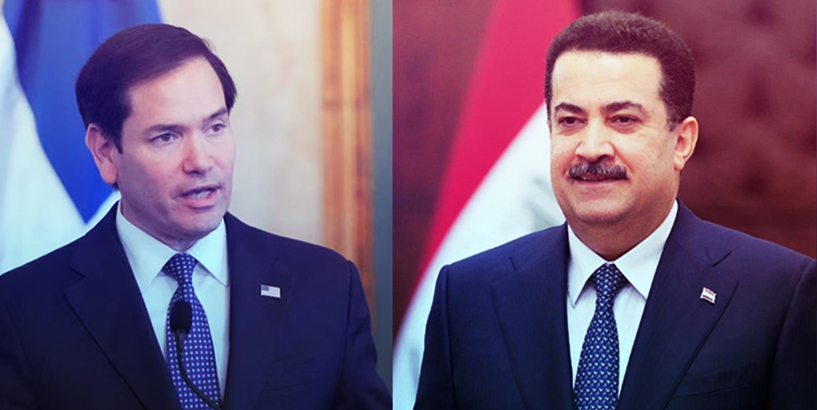
Relentless Pressure
Washington’s calls to dismantle the Popular Mobilization Forces have shifted from private messages to open statements by U.S. officials during meetings and calls with their Iraqi counterparts.
U.S. chargé d’affaires in Baghdad Steven H. Fagin reiterated Washington’s concerns over the proposed PMF law in a meeting with First Deputy Speaker of Parliament Muhsin al-Mandalawi.
In a post on X on August 2, the U.S. Embassy in Baghdad quoted Fagin as reminding Senator Marco Rubio that passing the law would entrench Iranian influence and strengthen armed militant groups, undermining Iraq’s sovereignty.
In what observers described as U.S. diktats, Senator Marco Rubio voiced Washington’s concerns over the draft law still under debate in Iraq’s parliament during a call with Prime Minister Mohammed Shia’ al-Sudani.
In a statement on July 22, Rubio warned that passing such legislation would cement Iranian influence and empower militant groups that undermine Iraq’s sovereignty.
The U.S. Embassy had earlier pressed Baghdad to hold members of Kataib Hezbollah and its leaders accountable for the killing of civilians in the Agriculture Directorate in Dora, south of the capital.
In a statement on July 27, the embassy said the victims were killed by the group, calling on the Iraqi government to bring the perpetrators and their commanders to justice without delay, stressing that accountability was essential to uphold the rule of law and prevent further violence.
Amid the rising tensions, British Ambassador to Iraq Irfan Siddiq said in an August 8 television interview that the Popular Mobilization Forces were no longer needed.
He argued that all armed factions were part of the PMF, and its role could not be the same as during the war against the Islamic State. Siddiq defended London’s alignment with Washington in opposing the law, saying the PMF had been formed to fight terrorism, but with ISIS defeated, its purpose had ended.
He added that Baghdad itself had requested the end of the U.S.-led coalition mission, in which Britain is a key partner, on the grounds that the Islamic State no longer posed a threat.
According to the British ambassador, the PMF now represents a threat to Iraq, since factions within it defy the commander in chief of the armed forces, and some have targeted sites in the region, drawing risks back to the country in ways that lie outside state policy.
Sources
- The Popular Mobilization Forces Law Enters Iraq’s Election Race [Arabic]
- Popular Mobilization Forces Bill Dropped from Iraq’s Parliamentary Agenda [Arabic]
- U.S. Threatens Baghdad: Three Weeks to Disarm Popular Mobilization Forces or Face Sanctions [Arabic]
- The Fallout of the U.S. Withdrawal from Iraq [Arabic]
- Al-Mashhadani: U.S. Threats Behind Delay of Popular Mobilization Forces Law [Arabic]


